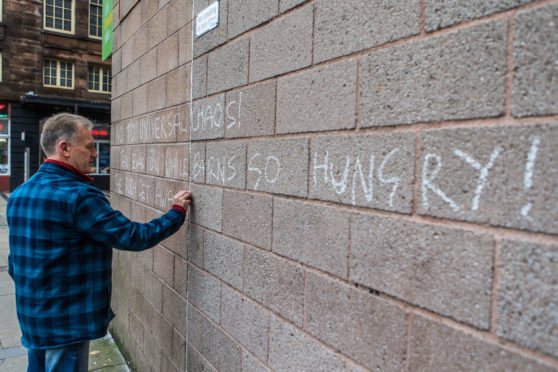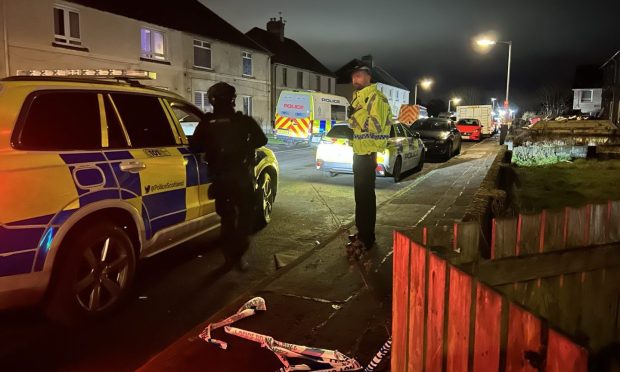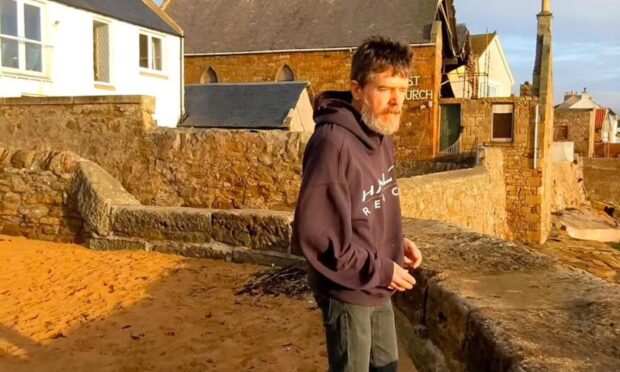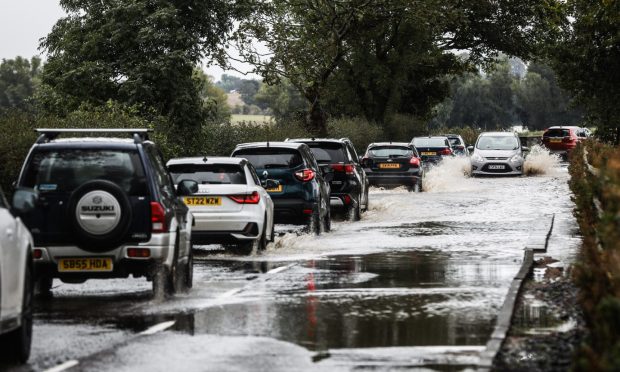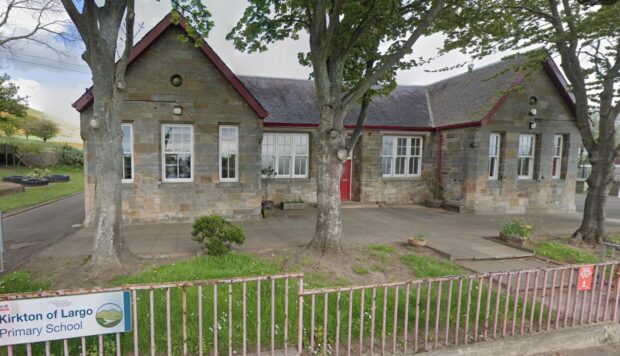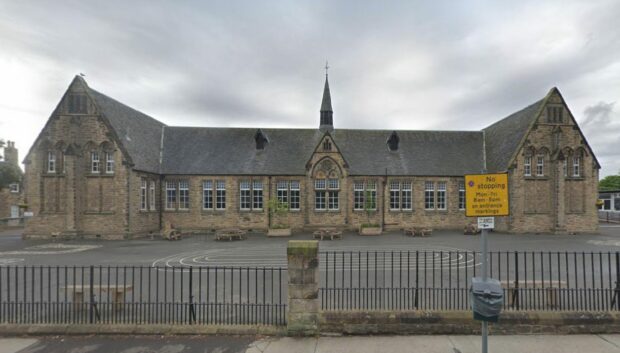Fife has backed plans for a three-year pilot which could see more than 17,000 Scots given a payment, regardless of their wealth, employment or personal status.
Members of Fife Council’s policy and co-ordination committee supported the findings of a study group which had been looking into the feasibility of a trial whereby individuals would receive cash without any work or qualification requirement.
Backers say such a pilot could provide a better understanding of how a Citizens Basic Income (CBI) could impact on poverty, unemployment, health and financial wellbeing, critics have branded the plans unworkable and questioned how the £186 million-plus pilot cost would be met.
Fife has been at the forefront of the drive towards a basic income pilot and is the frontrunner to host the test, having worked jointly with North Ayrshire, Glasgow and Edinburgh on exploring the idea since 2017.
More details about how the pilot could work were revealed in a report to Fife councillors, with a three-year scheme – and one year’s preparation time – thought to be sufficient.
A steering group has proposed two levels of payment in a bid to capture the most possible outcomes and scenarios. Initial estimates suggest that approach would cost around £62 million for a sample size of 2,500 at a high level of CBI and £124.5 million for a sample size of 14,600 at the lower level of CBI.
Councillor Judy Hamilton, the region’s community and housing convener, said the CBI could offer an alternative to the “absolutely discredited” Universal Credit.
“This is a massively significant report on a Citizens Basic Income that is being presented to us and I must recognise Paul Vaughan and all the officers who have produced such a comprehensive study and such practical proposals for a pilot scheme.
“It could provide the opportunity to recognise the value of carers who are currently unpaid, support parents to provide childcare, provide a stimulus and a safety net to support people into small new businesses and address poverty in our communities.
“There are huge potential benefits to be unearthed, but we need to trial it to understand its full potential.
“It is important that we undertake a meaningful pilot scheme before a decision is taken on whether or not we want to go down this route.”
Fife will now recommend to the Scottish Government that a pilot is pursued, in conjunction with the UK Government, DWP and HMRC.
Fife’s Conservative group had suggested scrapping the idea before it starts but their bid to do so was rejected by 17 votes to four.
Councillor Tony Miklinski accused the SNP/Lab administration of falsely raising people’s expectations by holding a pilot that was unlikely to be replicated across the country.
He said: “This is going to cost £186m in a post-Covid environment so unless we can identify a realistic option of paying for it, presumably through taxation, the level of finance needed… if you scale it up to Scotland, the numbers are eye-watering.
“If we as politicians can’t see a way of affording the costs then we are disingenuous at the very best to be taking a pilot forward.”
His colleague Councillor Dave Dempsey said: “It’s not realistic and the only realistic thing to do is admit that now and not expend extra effort on something which is ultimately not going to go anywhere.”
However, the majority of councillors concluded a pilot would be worthwhile to identify any benefits and pitfalls.
How the pilot could work
It is recommended that a pilot should be a randomised, controlled study, with two study areas where the whole community receives a CBI (one receiving the high payment, the other receiving the low payment).
The preferred model for piloting a CBI pilot in Scotland is based on five key principles: universal (paid to all); unconditional (no requirement to search for work); individual (not paid to households, like Universal Credit); periodic (paid at regular intervals); and made as a cash payment.
The model proposes two levels of CBI payments – one ‘high level’ based on the Minimum Income Standard and one ‘low level’ more closely aligned with current benefit levels.
For both levels of payment, suspension of a range of existing income-related benefits is proposed, while others, primarily related to disability, housing, childcare and limited capability for work, would continue.
The study group has been keen to stress that care should be taken that participants who are vulnerable and/or with low incomes should not experience detriment (financial or otherwise) compared to individuals not involved in the study.
Age Range Low CBI Level (p/w) High CBI Level (p/w)
0 to 15 years £84.54 (payment to carer/ parent) £120.48 (payment to carer/ parent)
16 to 19 years £84.54 £213.59
20 to 24 years £57.90 £213.59
25 years to pension age £73.10 £213.59
Pension age £168.60 £195.90
